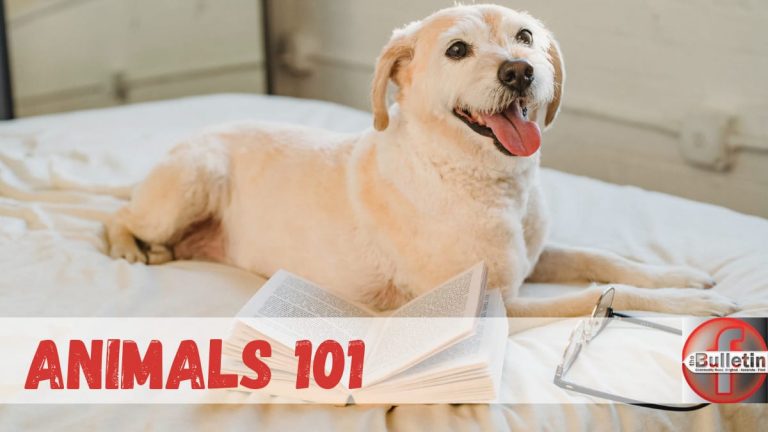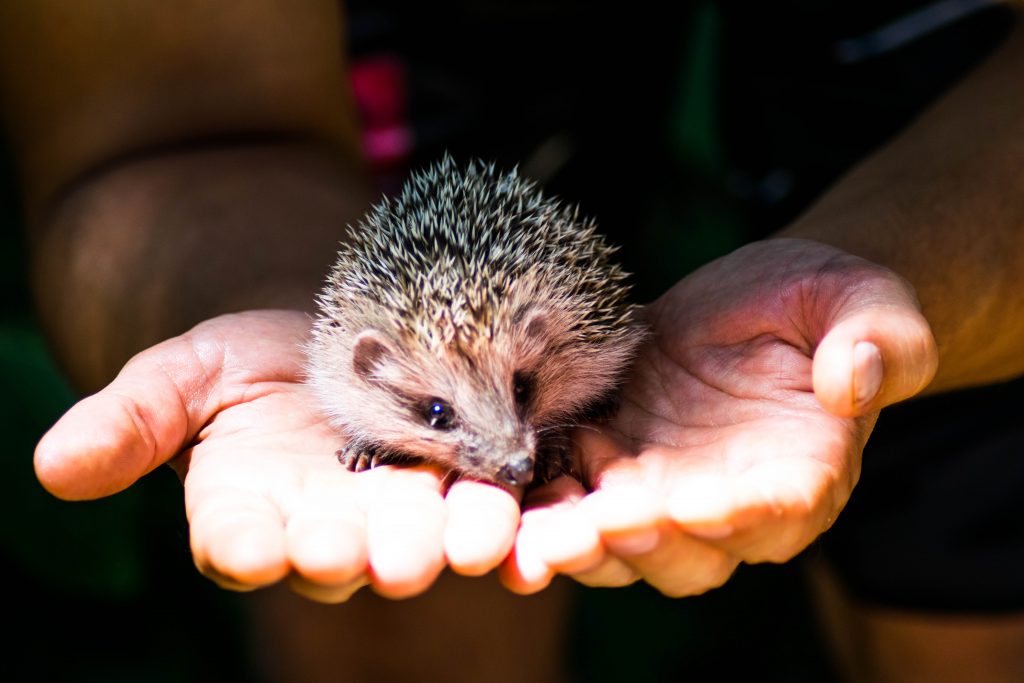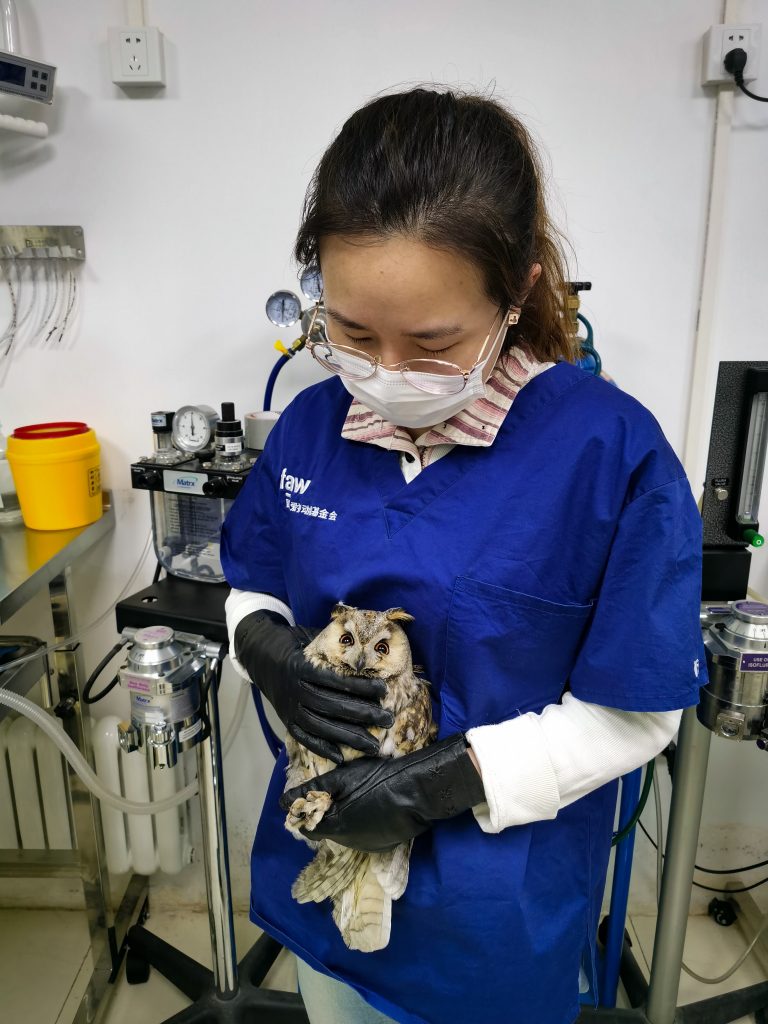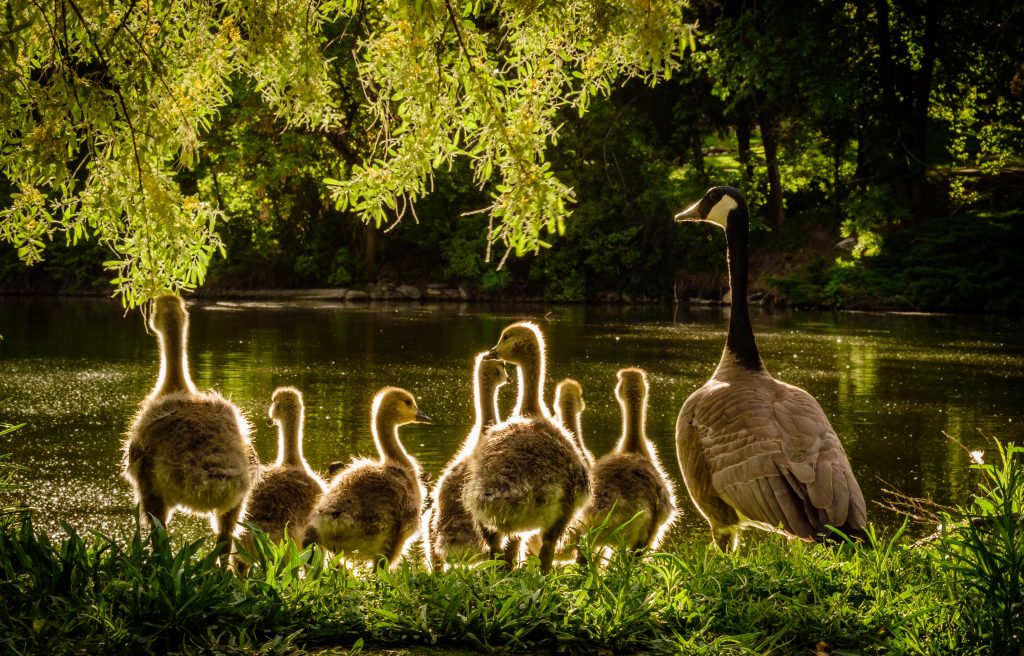
Animals 101 – What to do if you found wildlife in your residential area or town.
At times, wild animals end up in our suburban areas. There are various reasons for this. When it happens, many people are concerned about them and want to help, but are unsure about how to handle the situation or who to contact. They can even put the animal’s life in danger by trying to help.
NEVER KEEP THE WILD ANIMAL as you might not be equipped to meet their needs and Google is not a veterinarian or wildlife expert. It is against the law to keep wild animals if you don’t have a permit, even if you plan to release them later. It is stressful for wild animals to be kept in a noisy environment where there are lots of unfamiliar smells. Stress is one of the biggest killers of rescued wildlife.

WHAT TO DO?
• If they are hurt, you should take them to your veterinarian. They should be able to address the emergency and if they are not equipped to treat the wildlife, they will have the right contacts to provide guidance. They are also not allowed to keep the animal indefinitely without a permit.
Also Read: ANIMALS 101 – FOUND ANIMALS
• If they are not injured or in danger, you can contact an animal welfare organisation or the SPCA, to advise you. Sometimes it could be best to just leave them.
• This is one of the situations where we refer to the SPCA as wildlife are rarely just euthanized and will be taken to a rehabilitation facility approved by the NSPCA or released back into the wild in a safe manner.
• If the local SPCA does not answer, try the NSPCA (011 907 3590/ nspca@nspca.co.za) directly. They will either contact the Wildlife unit or the local SPCA.

Some of their advice includes:
- Prepare the container. This may differ depending on which animal you rescued.
- Protect yourself. Wear gloves if necessary.
- Cover the animal with a light towel or sheet.
- Gently handle them in the correct manner. This differs for various animals!
- Secure the container, but allow enough air holes.
- Warm the animal if they are cold. Follow NPSCA guidelines.
- Note the exact spot where the animal was found as this is important when the animal is released again.
- Keep them in a quiet, safe, warm (depending on weather) dark place.
- Keep your pets and children away from them.
- Don’t bother them.
- Don’t give food and water. This will obviously depend on how long the animal is with you and why it is important to get in contact with experts as soon as possible.
- Contact a wildlife rescuer, the nature conservation department, your veterinarian, SPCA or other animal welfare organisations, as soon as possible.
- Wash your hands and anything the animal was kept in or touched with.
- Record any injuries you might have noticed and provide the rehabilitator with information about treatment you provided while they were in your care, especially if you have given them anything. Whether they have had any bowel movements is also an important note.
- Never keep the animal with you any longer than necessary. You have a moral and legal obligation to hand them over to the right people. Many rescue animals and keep them, only to hand them over when they suddenly become sick. Then it might already be too late.

Note that animals like Egyptian geese lead their goslings to water a few days after hatching, often along busy streets. Do not “rescue” the goslings or any other little ones by separating them from their parents. You can rather escort the family through the traffic to the nearest pond.
Next week we will look at some tips on keeping your animals warm in the winter.
WHEN YOU KNOW BETTER, DO BETTER!